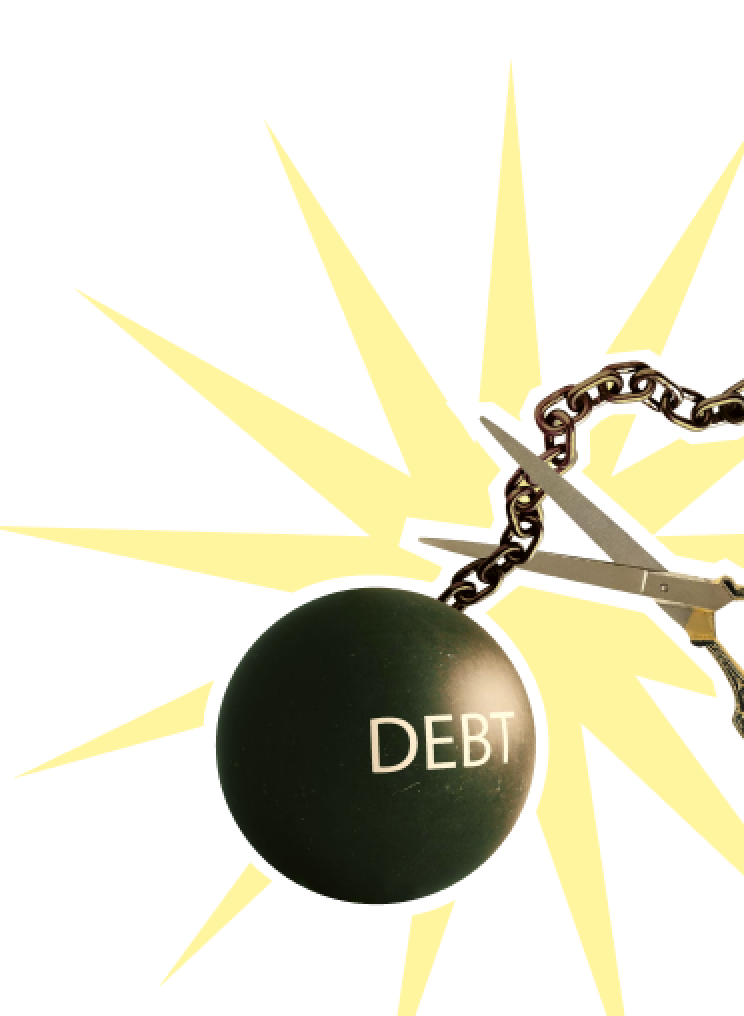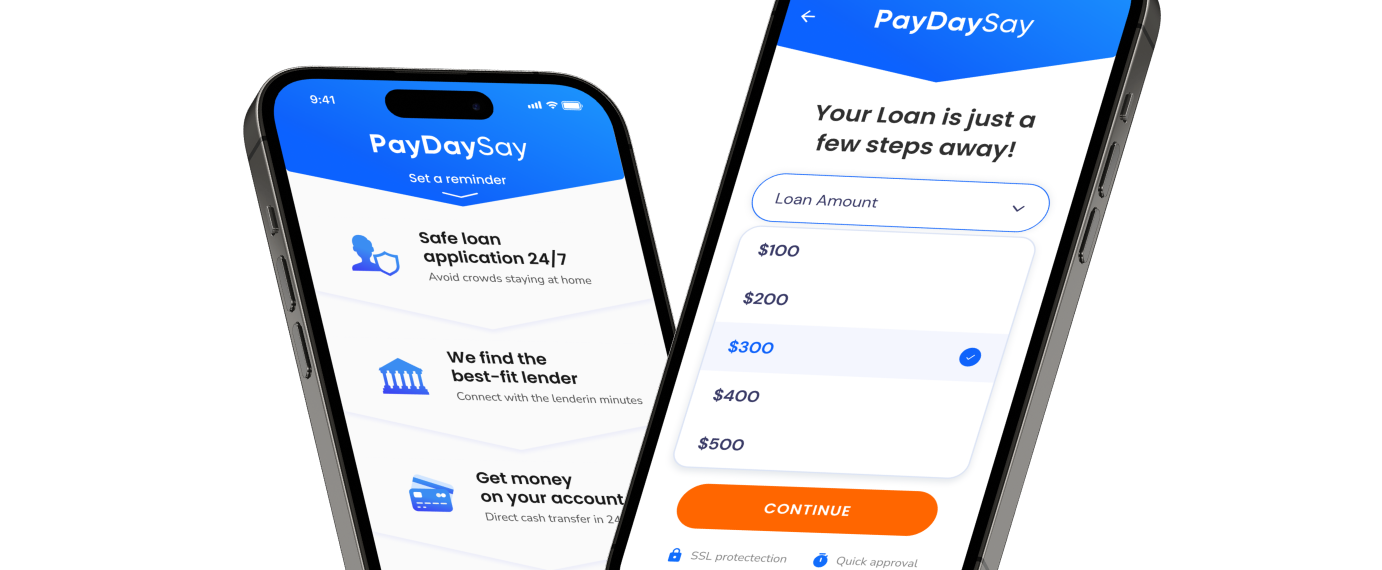Many of us have heard about debt management and collections system. But how does it really work? We’ve covered the topic very briefly already. But now we would like to discuss it a little more.
Debt Management Plan
If it’s hard for you to make monthly payments on credit bills, a debt management plan can be helpful for you. It’s possible to make a single payment to a credit counseling agency. After this, it will do the payments on your behalf.
This plan can’t reduce the amount you have to return. However, your credit counselor can make your creditors lower the interest rate or cut down on some fees. Stretching out payments is possible as well. The average duration of a debt management plan is 3-5 years.
A credit counselor will thoroughly research your financial situation and discuss all the available options. You don’t have to sign up the very first program it offers you. If you need quick access to funds in the meantime, you might consider using a fast money loan app to help manage immediate expenses.
For each credit account, included in the plan, you will likely pay enrollment and monthly fees. As a rule, it costs $24 per account.
Secured loans and student loans aren’t covered. On the contrary, the unsecured ones are covered. Each month, your counseling agency will get an electronic payment. A progress report will be sent to you each month.
As long as you are in such a program, you have no right to use credit cards. Make timely repayments all the time and meet the creditor’s terms.
What Is Debt Collection?
Every debt-collection agency specializes in a definite type of borrowing. For instance, an agency can collect loans of more than $200, and not more than 2 years old.
If it is hard for an original creditor to collect a loan, he can sell it to a debt buyer. Such accounts are sold in a group.
The price of debt depends on its type. Buyers keep all the collected debts. They get money for recovering a delinquent account: more recovered debts equals a bigger profit.
Collectors try to convince delinquent borrowers to repay their debts via phone or letters. If they fail, they use software or private investigators. To make the consumers pay, they can also inform the credit bureaus about delinquent payments.
Collectors should count on the debtors to pay. It’s not allowed to take a paycheck from a bank account, even if they know the account numbers and the routing. It’s possible only after the order of the court.
The collectors have no right to call you before 8 am or after 9 pm. You shouldn’t wake up and see the Loan Management and Collections System phone number on your screen.
The reputable collectors neither harass their borrowers nor discriminate them against race, sex, gender or origin. They are fair and law-abiding. If you claim that the loan appeared because of identity theft, they will verify it. They neither report a debt that is older than 7 years nor pursue people who have no money.
How Does Debt Collection System Work?
Let us explain you the philosophy of the loan collection system. For instance, Citibank has a network of attorneys all over the country and a definite percentage of cards which are defaulted or go directly to these attorneys that file the lawsuits. The credit bureaus have the program, that can inform the creditors about your capability to pay in case of default.
The collectors have no right to call you before 8 am or after 9 pm. You shouldn’t wake up and see the debt management and collections system phone number on your screen.
The loan with the least payment potential is sold cheap. The Citibank is selling debts for 5% of their face value. After this, the junk loan buyers decide who they will sue or sell. Later, they sale some debts to other junk debt buyers. That’s how the credit of the buyer suffers 2, 3 or even 4 times more.
A couple of years ago, the attorneys of collection industries just filed lawsuits and tried to make cases go to a default judgment. The fact that you get sued does not mean that you are sued by your collector. You are mostly sold by a debt junk buyer. You should know that such cases will not proceed if you tell you have a lawyer and you’re contesting this, as it doesn’t correspond the legal requirements.
Debt Management Ratios Formula
Debt management ratios measure someone’s financial condition. They show the ratio of a company’s debt to its total financing. Usually, banks and other lending institutions turn to debt management ratios analysis to estimate borrower’s creditworthiness and suitability for a loan. It refers not only to large firms and to corporations. Lenders use debt management ratios when they work with individuals also.
Debt management ratios show the extent to which a firm’s managers are attempting to magnify returns on owners’ capital with financial leverage.
Debt management ratios are a sort of indicator of the individual’s financial health. The formula for evaluating a debt management ratio looks like:
Debt Ratio = (Total Debt) / (Total Assets)
It helps to show a number of company’s assets financed through debt. A higher value of a debt ratio shows increased liquidity of the company. It means that a company manages to fulfill its current obligations through its liquid assets.
Still, each lender has its own guidelines when it comes to calculating the debt management ratio. Certain factors affect the result: amount, a length of the repayment period, type of the loan (secured or unsecured). Therefore, you should ask your lender about certain details beforehand.
Debt Management Software For You
There are professionals, who help to manage debts. There is also debt collection management software that helps to do it independently.
Fortunately, many people can get out of debt independently. They only need a guide that would help them to optimize data and brainstorm the most effective ways of recovery. Software for debt management is a good guide.
There are top three tools for debt management:
- Ready for Zero – one of the simplest debt recovery management software that creates a debt management plan after you link all your debt accounts. It tracks your progress and provides two ways of recovery: the highest interest method first and the encouragement of the debt snowball method. This is a sample of debt-free management software.
- DebtQuencher – provides a 3-steps plan to enter credit card balances, pick a payment method, and follow the payment plan. This software is paid and will cost you $5 for one visit.
- DebtWise by Equifax. Nothing special – software will develop a debt management plan but with its help, you can automatically update your Equifax report. You automatically get access to your credit score, credit report, and credit report simulator. The price is $15 per month.
Tools That Can Improve Profitability
- Сollection Advantage is a tool that provides you with 24/7 access to information about critical collection: consumer contact data, credit-based scoring, and analytical services.
- Eresolve is an online platform that helps consumers negotiate and pay the accounts past due via the computer, smartphone or tablet. It facilitates payment processing and moderates the conversation between the consumers. It makes the process of collection less stressful.
- PowerCurve Collections is a debt management system that includes decisions, data connectivity, self-service capabilities, and workflow. The collections process is focused on the customers.
What about Student Loan Debts?
More and more student loans are going into default. When it happens, the student loan servicer transfers them to a third-party collection company.
If you default on your student loans, talk to a collecting agency assigned to your loan. They will consult you on settling the repayment terms, loan rehabilitation, or even settling the debt.
Debt Management and Collections System U.S. Department of Education aims at helping to repay federal student loans. It can help you repay the existing loan. However, after this, you can get new fees. So ask about all the terms beforehand.
In case you have to deal with a student loan calculator, you should use a new portal to have access to your loans.
There are more than 30 various student loan collection agencies. Take it seriously in case one of them contacts you. Remember that you are protected by the law and such companies have no right to harass you or disturb you during the sleeping hours.
If you have any questions concerning your defaulted student loan account, write to Debt Management and Collections System, U.S. Department of Education, p.o. box 5609, Greenville, TX 75403-5609
Now all your ducks are in a row, aren’t they?














 on your homescreen
on your homescreen
